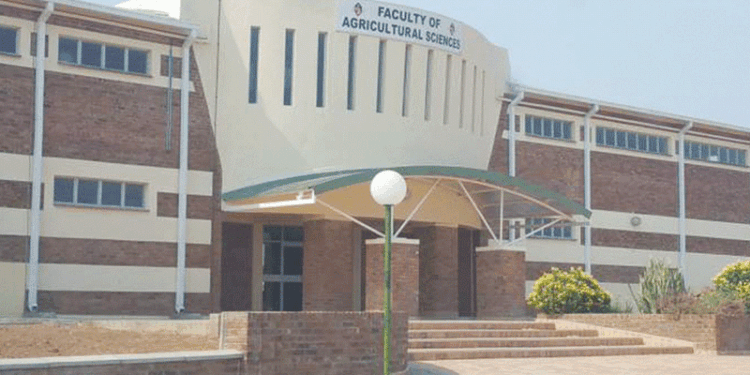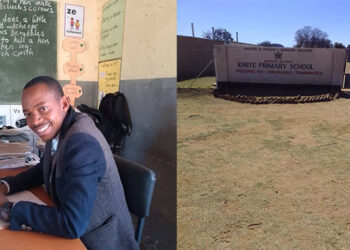STUDENTS at Lupane State University (LSU) in Matabeleland North province are failing to access their examination results on the institution’s portal system.
In a notice to students signed by LSU deputy registrar academic affairs, Philip Ncube said the university was facing challenges in updating its schedule on the payment of tuition fees on its portal.
This has resulted in students failing to access their results in the system and has raised fresh concerns over how the university is managing its affairs.
“The university wishes to inform all students that the November/December 2023 examination results have been published. However, the university is currently experiencing system challenges on updating payments on student’s portals. Students are hereby advised that the university is working on the problem,” Ncube wrote.
Yesterday, sources accused the university of failing to invest in a modern accounting system.
“As of February 20, most students were still facing challenges in accessing results because of the huge debit amounts experienced in their portals. The university failed to invest in the system; the system is outdated and it can no longer update any payments,” said the source.
The source said all levies were pegged in United States dollars, but the amounts were converted at interbank rate resulting in a mismatch on how much each student paid or owed.
“According to International Accounting Standards, this is fraud at its highest level. This is the same problem that was experienced in the 2022 financial statement audit where the university received a disclaimer opinion,” said another source who preferred anonymity.
Independent audit company PKF Chartered Accountants Zimbabwe, a member of PKF International Limited, in 2022 conducted an audit at LSU and released an adverse report about the recurring discrepancies.
Auditors noted that academic fees were billed each semester for all students using class attendance registers.
“We were not provided with all the supporting documents for the academic fees income recognised,” the audit report read.
“The university could not provide a list of students who wrote examinations for assessment of whether all the billed students wrote examinations in the relevant semester for which they were to determine whether the academic fees were accounted for in the current period.
“The university could not provide accurate and complete student statistics to evaluate recalculation of academic fees using numbers of active students and the authorised tuition fees for each programme per semester, to assess if the academic fees income recognised for the year is accurate.”
The auditors said they were unable to perform alternative audit procedures to satisfy themselves on the completeness and accuracy of the figures provided by the university.
The audit was conducted in line with the International Standards on Auditing, Code of Ethics for Professional Accountants and ethical requirements relevant to the audit of financial statements in Zimbabwe.
“Staff members who commented in anonymity reiterated that the 2023 financial statement audit will receive a pervasive opinion because the university has still failed to account for academic fees separately,” further read the audit report.
The auditors then wrote to the university advising it to produce two student statements since it was using two currencies.
“The student should have a US$ statement and ZWL$ statement not converting US$ to ZWL$. How will the university account for the revenue recognised during the year?,” the report read.
“No students’ statements could be obtained to verify the duplication in the absence of sufficient audit evidence, the university’s records did not permit the application of the alternative procedures and therefore no assurance could be obtained that the student receivables had actually existed and were accurately recorded.”
Source Southern eye









